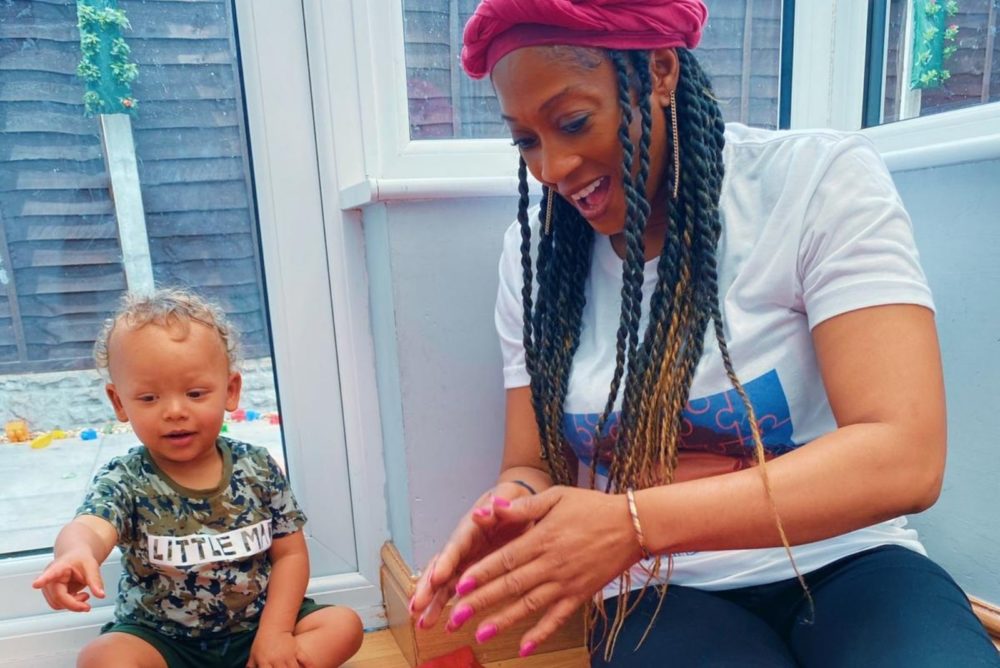Book a Session
Face to Face Sessions
Each session lasts for 60 minutes. However, your child may find it difficult to engage for this length of time. Every effort will be made to keep your child’s full attention. Unfortunately, we cannot offer a refund if your child does not focus throughout the entire session.
Please call before booking sessions to discuss the best package to suit your child’s needs.


Single Session
£40 each

6 Sessions
£230 (Save £10)

12 Sessions
£450 (Save £30)
Online Sessions
It is much more difficult to keep a child engaged in screen time, and therefore online sessions last for 40 minutes. This will allow optimum engagement before your child becomes pre-occupied. However, your child may still find it difficult to engage for this length of time. Every effort will be made to keep your child’s full attention. Unfortunately, we cannot offer a refund if your child does not focus throughout the entire session.


Single Online Session
£20 each

6 Online Sessions
£100 (Save £20)

12 Online Sessions
£200 (Save £40)
Developmental Progress
Recognise the various stages of speech development as your child grows up
Gurgles, coo’s, makes pre speech lip and tongue movements.
Begins to use single and double syllables which is often referred to as babbling. Babbles produced may include ‘der’, adah’ and ‘goo’.
Babbling becomes louder and a child now realises that by shouting, they are able to attract attention. This becomes a deliberate way of their interpersonal communication. Words also begin to form in repetitive syllables such as ‘mama’ , ‘gaga’, ‘dada’.
Begins to say their first words. Words will often be unclear, with only family members being able to understand. For example the word ‘guh’ might be used for ‘dog’. Children at this age often imitate expressions such as ‘oops’, ‘oh dear’ and ‘uh oh’. They may also begin to babble in conversational jargon. New words are added to vocabulary approximately 1 or 2 a month.
Usually able to say between 2 and 6 recognisable words which is understandable and used in the right context. However they are able to understand many more words and follow simple instructions. Each week, new words should be adding to your child’s vocabulary. The majority of needs and wishes will be communicated by pointing at it, crying or screaming.
Vocabulary increases to approximately between 6 and 20 recognisable words. They can often be heard talking to themselves during play as though they are in conversation with someone. However, their understanding is much greater. Children at this age are able to identify pictures in books and often know the names of their family members.
Vocabulary has increased to approximately 50 recognisable words. Telegraphic speech occurs which is the stringing together of two-word sentences. Children now attempt this in order to communicate their needs better.
Words have increased to approximately 200 + recognisable words. Sentence structure and the way sentences are articulated is not yet understandable to all, but will be understood by regular contacts. At this age there is a familiar asking of questions which include, ‘why?’ ‘Who?’. The terms ‘I’ and ‘me’ should now be used in the correct context.
The use of language is now more sophisticated. Children consists of between 300-1000 words. Sentences containing ¾ or more words can be strung together to form a sentence. Connective words are now used such as ‘and’ and ‘but’. Conversations are now understood by strangers. Although speech will remain immature, they are now able to express themselves and contribute their wishes and thoughts to society. They are now prepared to enter the world of school.

To complement your child's learning and to facilitate homework, we recommend that you purchase ESTIP'S very own flashcards.
ESTIP Flashcards

